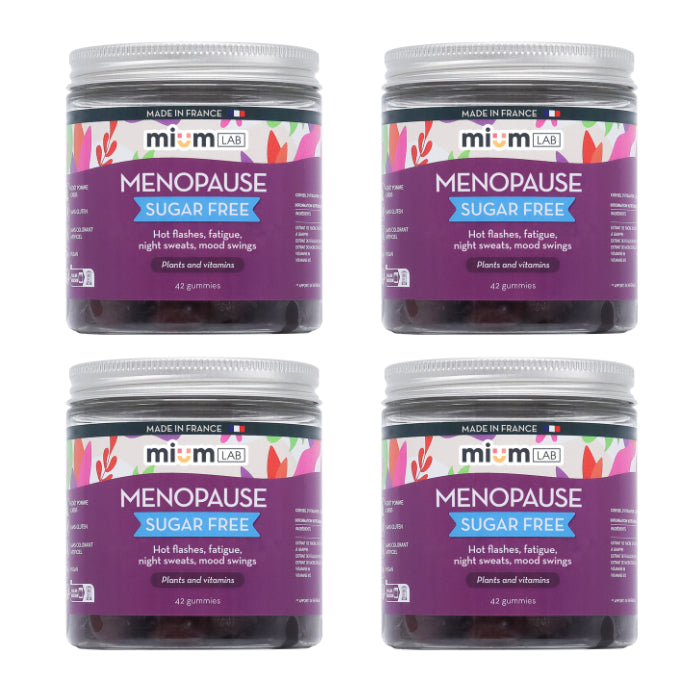The benefits of kudzu
Kudzu, also known by its scientific name Pueraria lobata, is a climbing plant native to Asia, particularly valued for its numerous virtues. Used for centuries in traditional Chinese and Japanese medicine, this plant is gaining popularity in the Western world thanks to its potential health benefits, especially concerning menopause and associated symptoms.
Regulation of hormonal imbalances
Kudzu is rich in isoflavones, notably daidzein and puerarin, which have properties similar to the natural oestrogens produced by the human body. These compounds can help alleviate menopause symptoms such as hot flashes, night sweats, and mood swings. A study conducted on menopausal women showed a significant reduction in symptoms after several weeks of kudzu consumption.
Prevention of bone decalcification
In addition to relieving menopause symptoms, kudzu may also play a role in preventing bone decalcification, a common problem in menopausal women. Isoflavones help maintain bone density, thus reducing the risk of osteoporosis.
Stimulation of neurotransmitters
Kudzu positively influences brain neurotransmitters such as dopamine and serotonin. These neurotransmitters play a crucial role in regulating mood and overall well-being. By increasing the levels of these substances, kudzu can help combat menopause symptoms, including mood swings and emotional disturbances.
How to consume kudzu and where to find it?
Forms and recommended dosages of kudzu
Kudzu is available in various forms, including dietary supplements, capsules, powders, and liquid extracts. For menopausal women, it is recommended to consume between 50 and 100 mg of kudzu isoflavones per day, divided into several doses. It is important to follow the manufacturer's instructions and consult a healthcare professional before starting any kudzu-based dietary supplement regimen.
For those who prefer a more enjoyable method of consumption, kudzu-enriched gummies from Mium Lab are an ideal option. Menopause Gummies offer all the benefits of kudzu in a tasty and easy-to-consume form!
Side effects and precautions when taking kudzu
Although kudzu is generally considered safe, certain precautions should be taken. It is not recommended for individuals with a history of hormone-dependent cancers. People undergoing medication treatment should consult a doctor to avoid potential interactions.
To date, no major side effects have been reported. However, it is crucial to adhere to the recommended dosages to avoid any risk of overdose.
Where does kudzu come from?
Kudzu is native to Asia, particularly China and Japan, where it grows abundantly in mountainous regions. Introduced to the United States in the early 20th century to combat soil erosion, it has become an invasive species due to its rapid growth.






